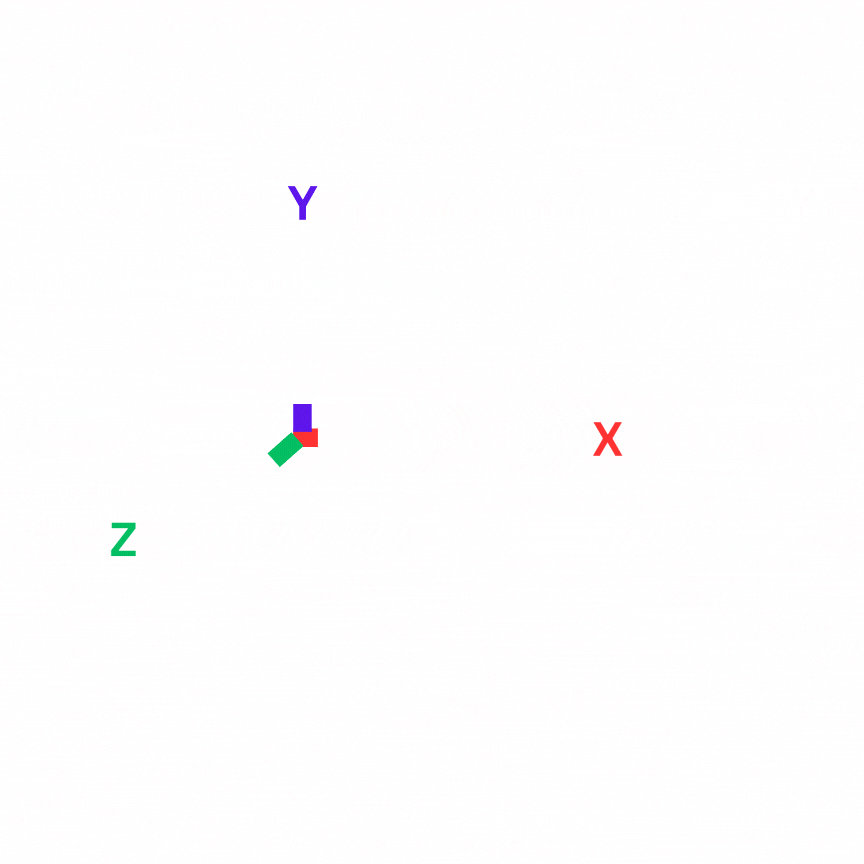Back to: 3D PRINTING: From Ideas to Objects!
0
To understand how 3D printers can print physical objects, let’s dive into the key parts of a 3D printer and how it works, using something you might already know—basic geometry and the X, Y, and Z axes.
The X, Y, and Z Axes: The Directions of 3D Printing
Think of the X, Y, and Z axes as the printer’s GPS for building objects in three dimensions:
The X Axis (Left to Right)
- What It Is: The X axis moves the printer’s nozzle or print head horizontally, side to side, like drawing a line across your desk.
- Why It Matters: This movement creates the width of the object.
The Y Axis (Front to Back)
- What It Is: The Y axis moves the print bed (the flat surface where the object is built) or nozzle forward and backward. Think of it as a line stretching from the front of your desk to the back.
- Why It Matters: This movement adds depth to your design.
The Z Axis (Up and Down)
- What It Is: The Z axis moves the print bed or nozzle up and down. Imagine drawing a vertical line from your desk to the ceiling.
- Why It Matters: This movement builds the object layer by layer, stacking thin slices of material on top of each other.

